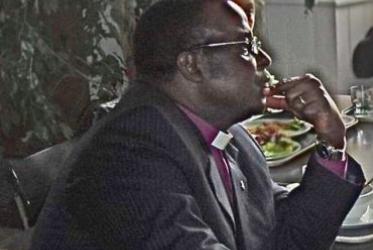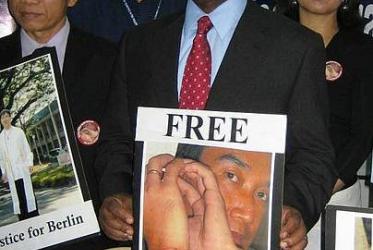Mostrando 13581 - 13600 de 15759
Amid raging violence, Philippine churches build peace
29 Noviembre 2007
After Annapolis, Christian leaders entertain hope, with provisos
28 Noviembre 2007
Kanadischer Theologe an der Spitze von Glauben und Kirchenverfassung
26 Noviembre 2007
Canadian theologian Gibaut to lead Faith and Order
26 Noviembre 2007
WCC welcomes Annapolis meeting, suggests criteria for success
26 Noviembre 2007
El teólogo canadiense, Gibaut, dirigirá Fe y Constitución
26 Noviembre 2007







